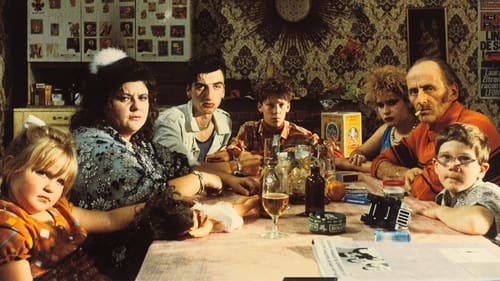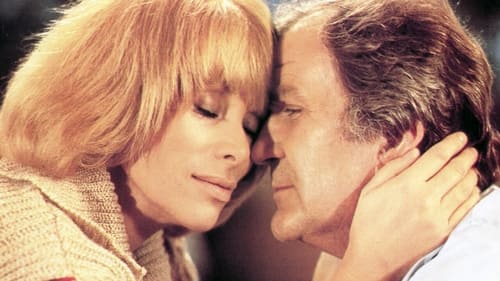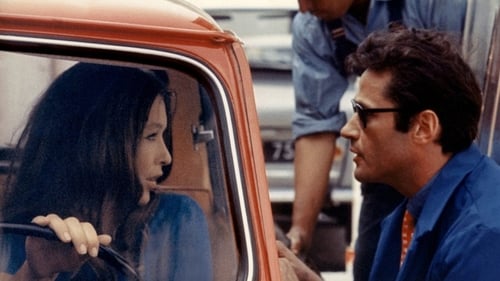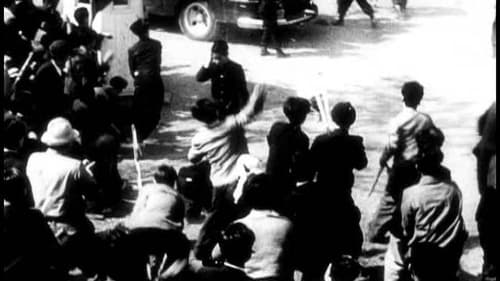
Editor
In August 1966, the Cultural Revolution in full swing, 13-year-old Tian Ben is arrested for playing a pop record; he's sent to a remote mountain camp in Niu-Peng. There he's called "Four Eyes" and, with about 16 other older boys and men, he's made to carry muck up a mountainside, make bricks, saw logs, and sing daily to Chairman Mao of his faults. There's camaraderie among the five youths, especially with a young pickpocket named Baimao, and Tian is also drawn to a silent monk who cares for him when he falls ill and the others expect him to die. The camp is remote, so there are no fences or walls. Tian longs to escape.

Editor
Al and Elsa have been a couple for some time, but the chances that their relationship will be long-lived are few. For one thing, Al is appallingly dependent on Elsa for his every emotional need. For another, Elsa is an incredibly elusive person, extremely difficult to pin down about anything - especially whatever is bothering her. How they have managed to survive this long is a cause for wonder. When Al gets an opportunity to be cast in a movie role, complete with no-cost occupancy in the casting agent's ugly but fashionable apartment, he jumps at the chance to provide a little material satisfaction for his beloved Elsa. But what exactly does she want?

Editor
Two babies are switched at birth. When the mistake is discovered 12 years later, it leads to complications in the lives of both families. One family is affluent, with dutiful and (apparently) contented children. The other family is poor, with rambunctious (even delinquent) children, often hungry, but with lots of laughter in the house.

Editor
After a harrowing breakup, Marcel returns to his favorite hotel to find his room occupied by a journalist, whom he attempts to impress.

Editor

Editor

Editor
Pierre is a middle-aged factory worker with plenty of unresolved anger. After his father's death, his mother feels compelled to move in with him. Having just moved there with his beautiful girlfriend, he begins to feel the pressure. When the May Day revolt begins, he goes crazy.

Editor
Anne, an unhappily married actress, temporarily assumes the identity of her sister Simone, the successful director of a London fashion house.

Editor
1966年のパリ。政府から首都圏整備拡張計画が交付され、至る箇所に新興団地や道路が建設されていく。パリ郊外の公団住宅に住む人妻ジュリエットは、ガソリンスタンドに勤める夫の稼ぎが悪いため、昼間に売春を行っていた。幼い娘を託児所に預けてからカフェで客を待ち、今日も若い男を安ホテルに連れ込んで一仕事する。そして彼女の行きつけの美容院で働くマリアンヌも、あるアメリカ人に電話で誘われてホテルへと向かう。

Editor
Debord’s eighteen-minute Critique of Separation directs its experimental attentions to “the documentary.” Debord draws from a catalogue of newsreel footage and book covers, rephotographed photographs, views of Paris and its neighborhoods, and a catalogue of disabused, seemingly offhand footage of him and his friends in the porous zone comprising the cafe and the street.

Editor
This short film can be considered as notes on the origins of the situationist movement; notes which thus naturally include a reflection on their own language.







